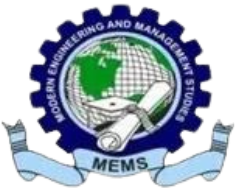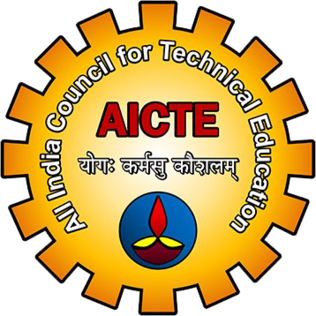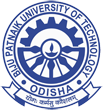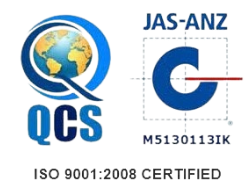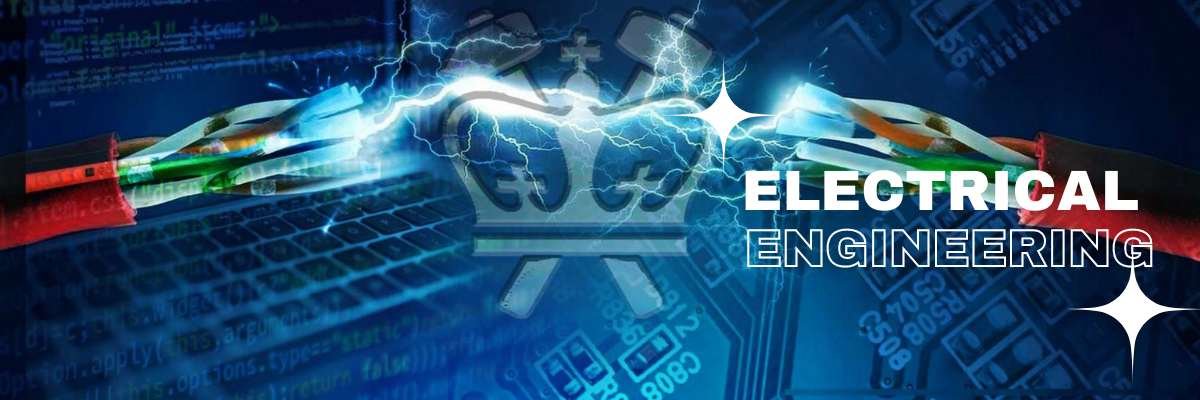AICTE & BPUT approved intake for B.Tech in Electrical Engineering is 60.
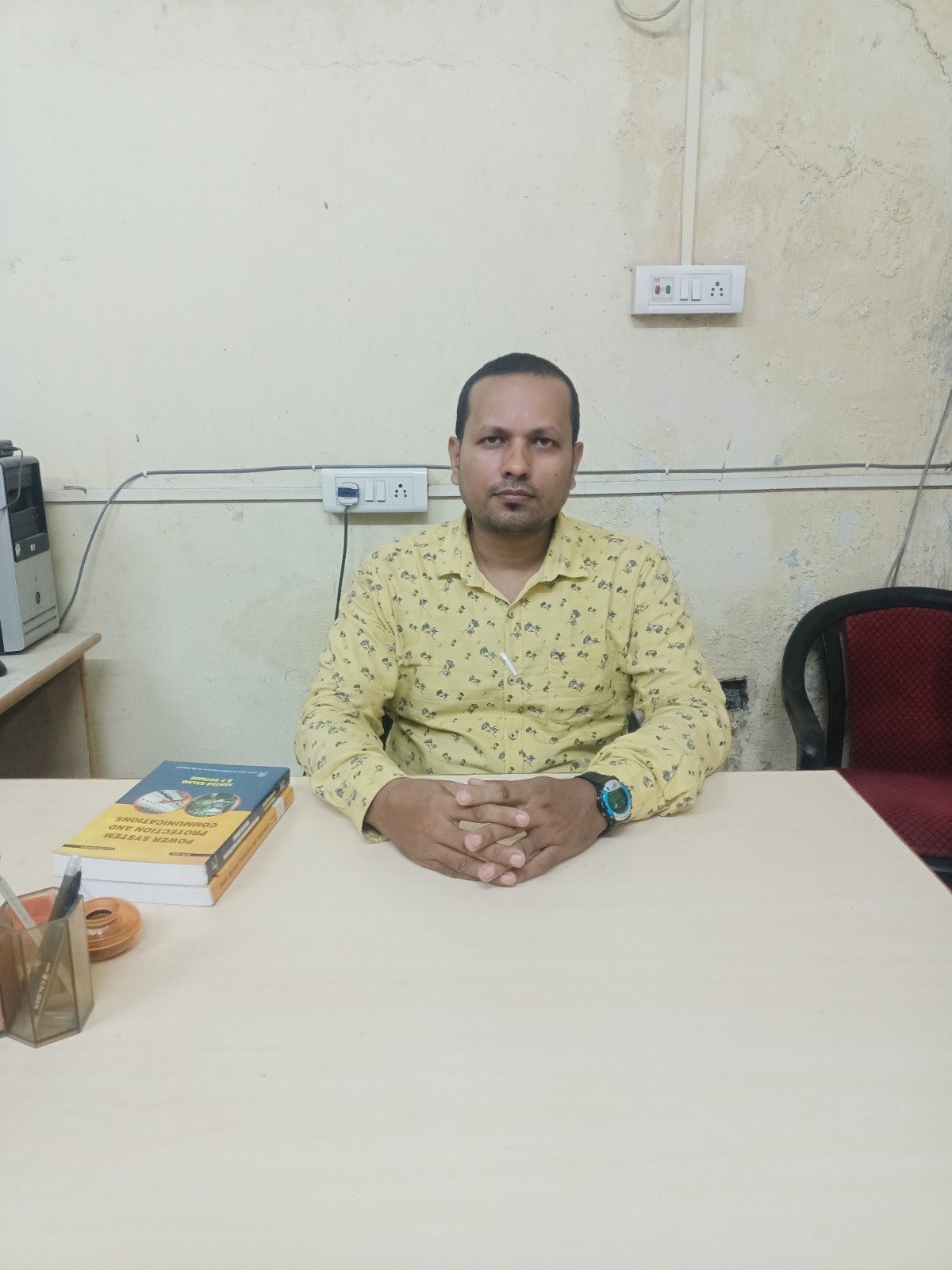
PURUSOTTAM BEHERA
HOD, Electrical Engineering
The Department of Electrical Engineering at MEMS is dedicated to delivering outstanding education, research, and innovation in the ever-evolving fields of electrical and electronics engineering. Emphasizing interdisciplinary collaboration and hands-on application, our department is committed to equipping students for successful careers in industry, research, and academia.
Our programs are designed to prepare graduates for a wide range of opportunities in sectors such as power generation, transmission, and distribution; renewable energy; automation and control systems; and research and development. With a focus on practical skills and real-world applications, students gain the knowledge and experience needed to excel in their chosen fields.
The alumni of the Department of Electrical Engineering at MEMS have achieved success in leading companies, government organizations, research laboratories, and academic institutions around the globe. Their contributions to the field are a testament to the quality of education and training they received during their time with us.
The Department of Electrical Engineering at NIT, Silchar, is renowned as one of the finest and most well-equipped electrical departments in the northeast region. It prides itself on its highly qualified faculty members, who possess unparalleled expertise in their respective fields. The department offers a comprehensive curriculum covering core courses in Power Systems, Control Systems, Electrical Machines, Power Electronics, Industrial Drives, Instrumentation, Switchgear and Industrial Protection, Microprocessors and Microcontrollers, Machine Learning, Embedded Systems, Signal and Image Processing, among others.
In addition to these core courses, final-year students have the opportunity to choose from a diverse range of projects such as Computer-Aided Power Systems, Flexible AC Transmission, Optimization Techniques, Adaptive Signal Processing, Electric Vehicles, and more. These are complemented by stimulating lectures, quality-enhancing tutorials, and practical sessions conducted in state-of-the-art laboratory facilities within the department. These labs include the Electric Machines Lab, Measurement Lab, Circuit Theory Lab, Microprocessor Lab, Control System Lab, Power System Lab, Power Electronics and Electric Drives Lab, Biomedical Signal Processing and Control Lab, Energy Lab, Applied Power Electronics and Energy Conversion Lab, Power Electronics System Research Lab, and Real-Time Simulation Lab, among others.
The Department of Electrical Engineering is dynamic and vibrant, driven by the pure expertise and dedication of its faculty members, coupled with top-notch infrastructural facilities. The perseverance of its students has propelled the department to the top league in the region. The trend of placements for students has consistently shown an upward trajectory, and with the anticipated growth of the power sector, the department promises even better placement opportunities in the future.
The Electrical Engineering Department aims to impart state-of-the-art knowledge and skills to students, fostering their development into excellent Electrical Engineers, Entrepreneurs, Scientists, and Academicians.
- To provide students and faculty with opportunities to create, interpret, and apply knowledge in the field of Mechanical Engineering.
- To create a conducive environment for students to learn fundamental concepts in Electrical Engineering.
- To provide excellence in learning through dedicated teaching and innovative industrial projects.
- To impart necessary skills and state-of-the-art knowledge in relevant fields of Electrical Engineering.
- To instill a self-learning attitude and professional ethics among students.
- To prepare students to face challenges in emerging areas of Engineering and Technology.
- Engineering Knowledge: Apply mathematics, science, engineering fundamentals, and specialization knowledge to solve complex engineering problems.
- Problem Analysis: Identify, formulate, review literature, and analyze complex engineering problems using first principles, reaching substantiated conclusions.
- Design/Development of Solutions: Design solutions and system components/processes for complex engineering problems considering public health, safety, and societal, cultural, and environmental factors.
- Conduct Investigations: Use research-based knowledge and methods, including experimental design, data analysis, and synthesis, to provide valid conclusions.
- Modern Tool Usage: Select and apply appropriate techniques, resources, and engineering and IT tools, understanding their limitations, to complex engineering activities.
- Engineer and Society: Assess societal, health, safety, legal, and cultural issues and responsibilities relevant to professional engineering practice, applying contextual knowledge.
- Environment and Sustainability: Understand the impact of engineering solutions on society and the environment, promoting sustainable development.
- Ethics: Apply ethical principles and professional responsibilities, adhering to engineering practice norms.
- Individual and Teamwork: Function effectively in individual, team, and multidisciplinary settings, demonstrating leadership as appropriate.
- Communication: Communicate effectively with the engineering community and society through clear reports, documentation, presentations, and instructions.
- Project Management and Finance: Apply engineering and management principles to manage projects and work effectively in diverse environments.
- Lifelong Learning: Recognize the need for and engage in independent and lifelong learning, adapting to technological advancements.

MR BISWAJIT NAYAK
Dept : Electrical Engineering
Designation : Asst. Prof
Qualification : M.Tech

MR SARTHAK BISWAL
Dept : Electrical Engineering
Designation : Asst. Prof
Qualification : M.Tech
This is a sub title
Dept : Electrical Engineering
Designation : Asst. Prof
Qualification : M.Tech

MRS LOPAMUDRA SAHOO
Dept : Electrical Engineering
Designation : Asst. Prof
Qualification : M.Tech
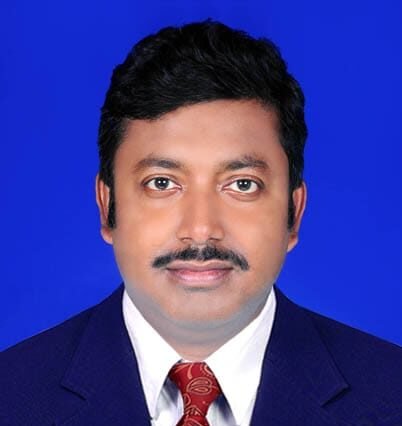
MR DEEPANKAR DAS
Dept : Electrical Engineering
Designation : Asst. Prof
Qualification : M.Tech
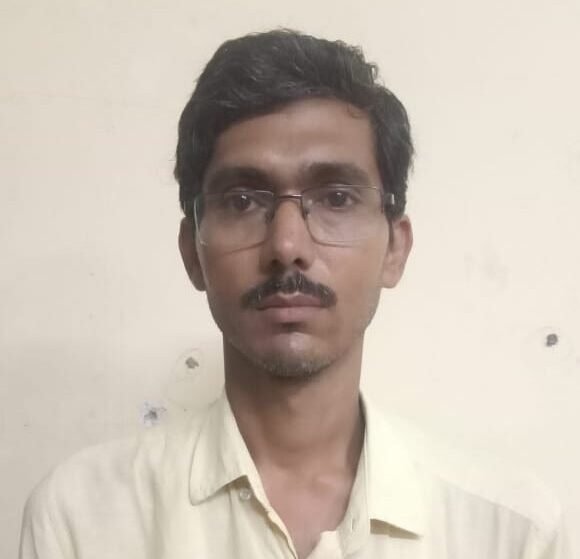
MR MILAN KUMAR JENA
Dept : Electrical Engineering
Designation : Asst. Prof
Qualification : M.Tech

MR NABAJYOTI SINGH
Dept : Electrical Engineering
Designation : Asst. Prof
Qualification : M.Tech

MR DEBASISH CHAUDHURY
Dept : Electrical Engineering
Designation : Asst. Prof
Qualification : M.Tech
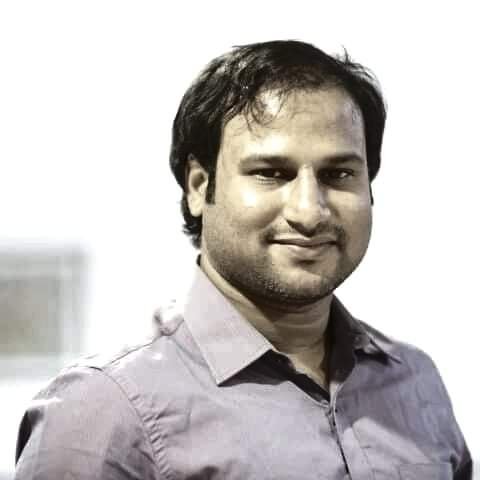
MR JITANSHU LESLY
Dept : Electrical Engineering
Designation : Asst. Prof
Qualification : M.Tech

MR STHITATPRAJNA MISHRA
Dept : Electrical Engineering
Designation : Asst. Prof
Qualification : M.Tech

MRS SWETALINA BHUYAN
Dept : Electrical Engineering
Designation : Asst. Prof
Qualification : M.Tech

MR ASHOK SAHU
Dept : Electrical Engineering
Designation : Asst. Prof
Qualification : M.Tech
